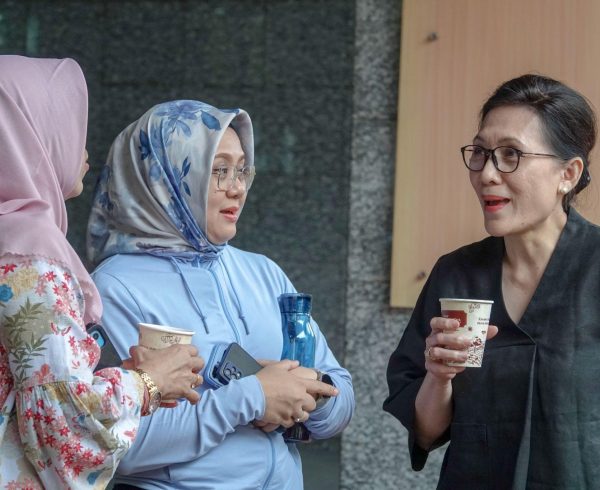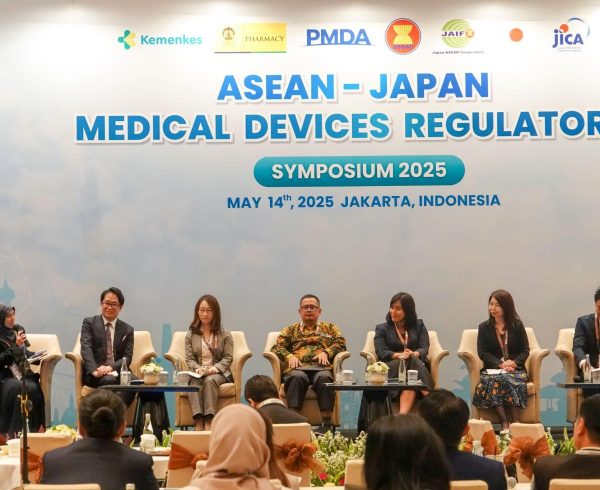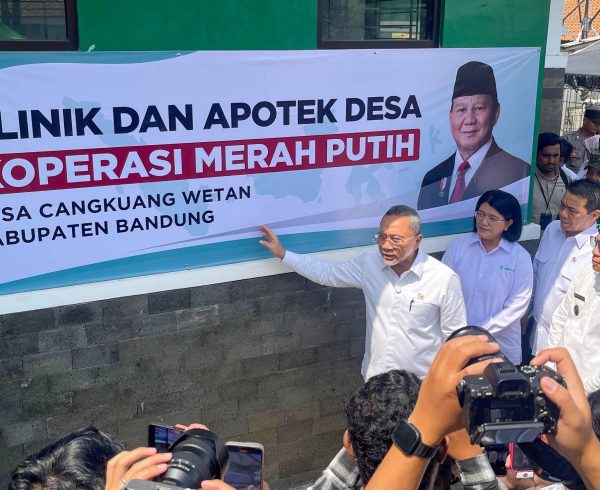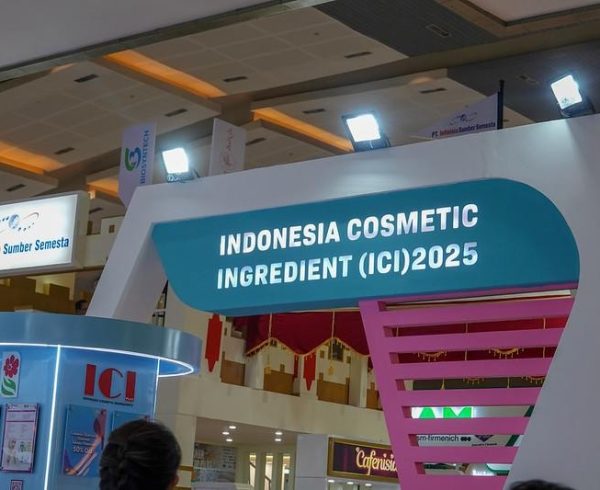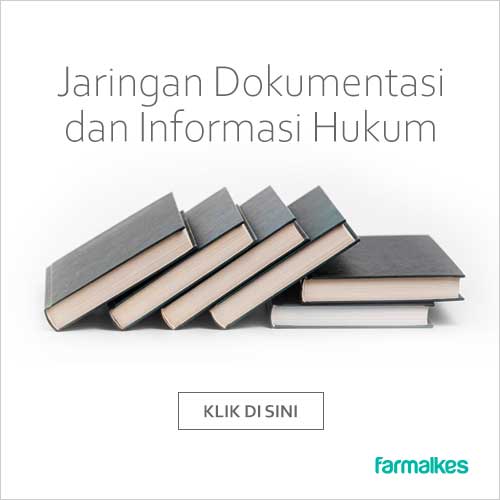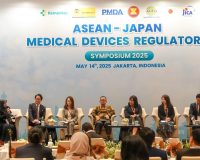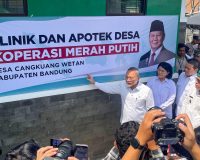Di era Jaminan Kesehatan Nasional (JKN), pemerintah menyusun dan menetapkan Formularium Nasional (Fornas) sebagai instrumen kendali mutu dan biaya, untuk menjamin tercapainya pelayanan kesehatan yang optimal melalui penggunaan obat rasional agar pasien mendapatkan obat yang aman, bermutu, berkhasiat, dan cost effective.
Penerapan Fornas perlu dipantau dan dievaluasi secara terus menerus untuk menilai kepatuhan dan dampak penerapan Fornas dalam pelaksanaan JKN.
Direktorat Jenderal Kefarmasian dan Alat Kesehatan melalui Direktorat Pengelolaan dan Pelayanan Kefarmasian menggelar Workshop Evaluasi Implementasi Fornas di Rumah Sakit dan Puskesmas pada 6-7 Oktober di Jakarta.
Tujuan dari pertemuan ini antara lain untuk menganalisis dan mengevaluasi dampak penggunaan obat di luar Fornas terhadap biaya dan mutu pelayanan kesehatan pada peserta JKN, mengidentifikasi tantangan dan peluang penerapan Fornas di Fasyankes, dan peningkatan pemahaman tenaga kesehatan (penulis resep dan farmasis) akan pentingnya penerapan Fornas sebagai kendali mutu dan kendali biaya pada program JKN, serta dapat diperolehnya rekomendasi dan rencana tindak lanjut untuk meningkatkan penerapan Fornas di Fasyankes.
Pertemuan ini dihadiri oleh perwakilan dari Kementerian Kesehatan, WHO Indonesia, Dinas Kesehatan Provinsi, Dinas Kesehatan Kabupaten/Kota, Puskesmas dan rumah sakit, serta Tim Fornas.
“Sesuai amanat Undang-Undang Nomor 17 Tahun 2023 tentang Kesehatan, dalam pasal 317 bahwa Pemerintah Pusat menyusun daftar dan jenis obat esensial yang harus tersedia bagi kepentingan masyarakat. Daftar obat tersebut ditinjau dan disempurnakan paling lama setiap dua tahun sesuai dengan perkembangan kebutuhan dan teknologi, tersedia secara merata dan terjangkau oleh masyarakat”, ujar Plh. Direktur Jenderal Kefarmasian dan Alat Kesehatan, Dita Novianti S.A. saat membuka acara.
Sampai saat ini, pelaporan penerapan Fornas di RS belum dilaksanakan secara optimal. Kondisi tersebut diindikasikan dengan capaian indikator RPJMN tahun 2022, yakni persentase rumah sakit yang menggunakan obat sesuai Fornas sebesar 80,09 persen dari target 80 persen, di mana terdapat 358 RS yang penggunaan obat sesuai Fornas lebih dari 80 persen dari 447 RS yang melapor.
“Walaupun capaian indikator tersebut sudah melampaui target, namun kami berharap RS lebih menggiatkan pelaporan dan penggunaan obat sesuai Fornas agar kita mendapatkan gambaran utuh capaian indikator penerapan Fornas di RS”, tambah Dita.
Dalam kesempatan yang sama, Direktur Pengelolaan dan Pelayanan Kefarmasian, Agusdini Banun Saptaningsih menyampaikan, “Fornas merupakan bagian yang terintegrasi pada sistem tata kelola obat, dimana pada proses pemilihan/seleksi dan pengadaan obat mengacu kepada Fornas terutama Fasyankes, serta sebagai instrumen pengendalian mutu dan biaya dalam pelaksanaan JKN melalui pengukuran kesesuaian penggunaan obat dalam pelayanan kefarmasian”. “Fornas ditetapkan pertama kali tahun 2013 dan telah mengalami beberapa kali perubahan (adendum). Sampai dengan tanggal 28 Februari 2023, masih berlaku Fornas 2021, yang didalamnya tercantum 630 item zat aktif dalam 1.074 sediaan termasuk obat rujuk balik. Adendum Fornas 2021 ditetapkan pada bulan Desember 2022, dan mulai berlaku pada tanggal 1 Maret 2023, sehingga didalam Fornas tercantum 623 item zat aktif dalam 1.059 sediaan. Fornas 2023 akan terbit pada akhir bulan Oktober atau awal November tahun 2023”, ungkap Agusdini.
Lebih lanjut Agusdini menjelaskan meskipun telah disusun Fornas, masih terdapat tantangan dalam penerapan Fornas, yakni masih terdapat penggunaan obat di luar Fornas dan adanya penerapan penggunaan obat Fornas yang belum sesuai dengan ketentuan restriksi dan peresepan maksimal.
“Untuk itu pemerintah bekerja sama dengan seluruh lapisan stakeholder selalu melakukan evaluasi pelaksanaaan JKN sebagai upaya dalam melakukan perbaikan pelaksanaan program JKN dan terus berupaya mendorong optimalisasi dan peningkatan kompetensi Apoteker sebagai bagian dari tim pemberi layanan kesehatan” pungkas Agusdini.



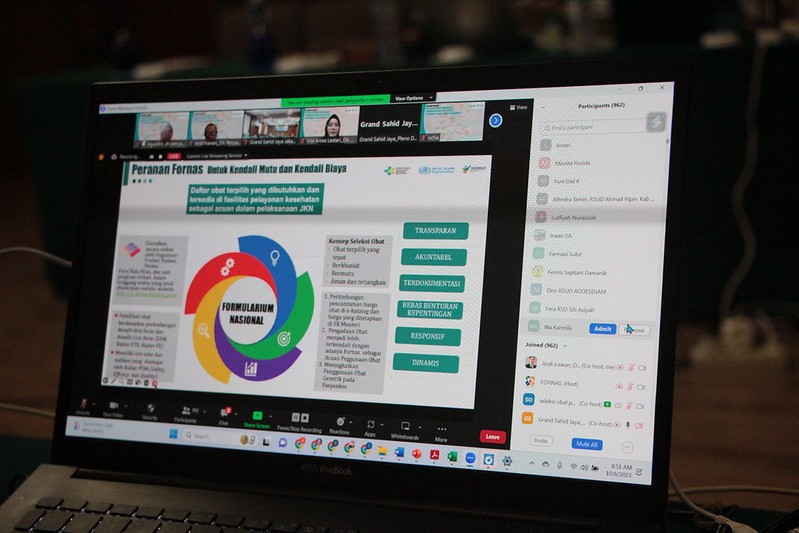 Workshop Evaluasi Implementasi Fornas di Rumah Sakit dan Puskesmas pada 6-7 Oktober secara daring
Workshop Evaluasi Implementasi Fornas di Rumah Sakit dan Puskesmas pada 6-7 Oktober secara daring